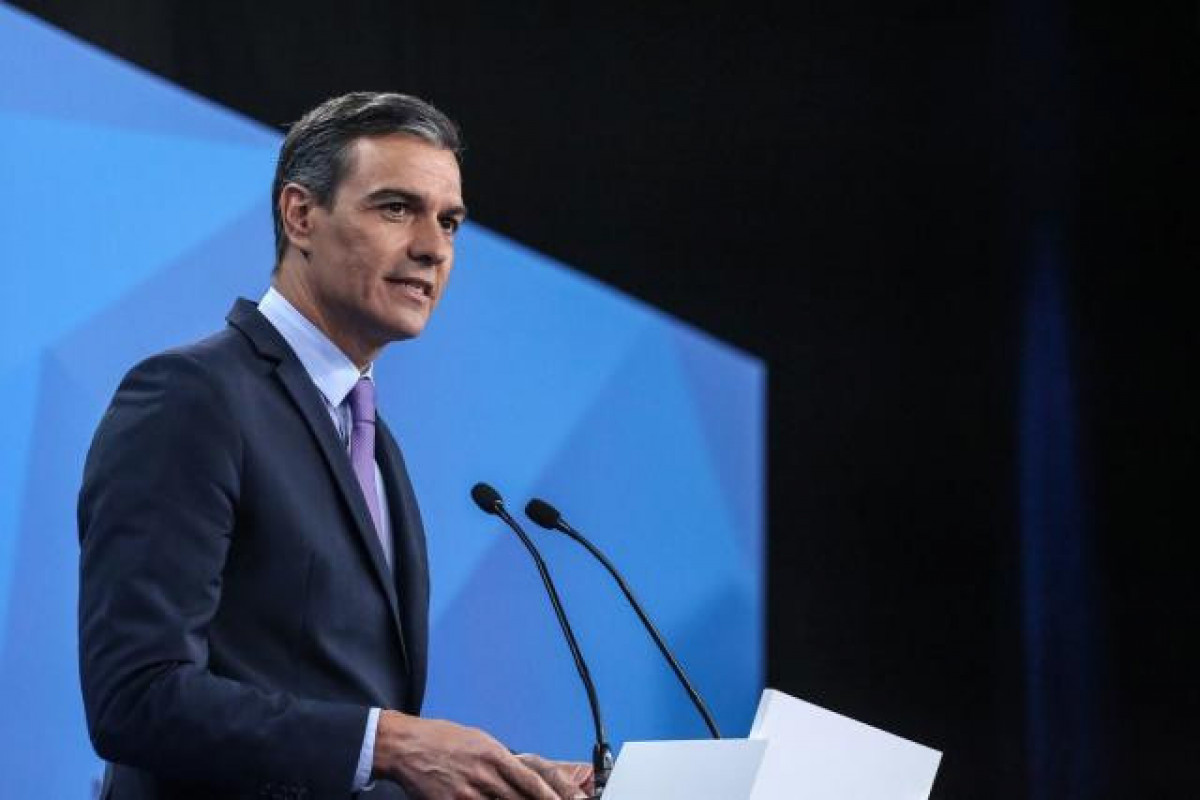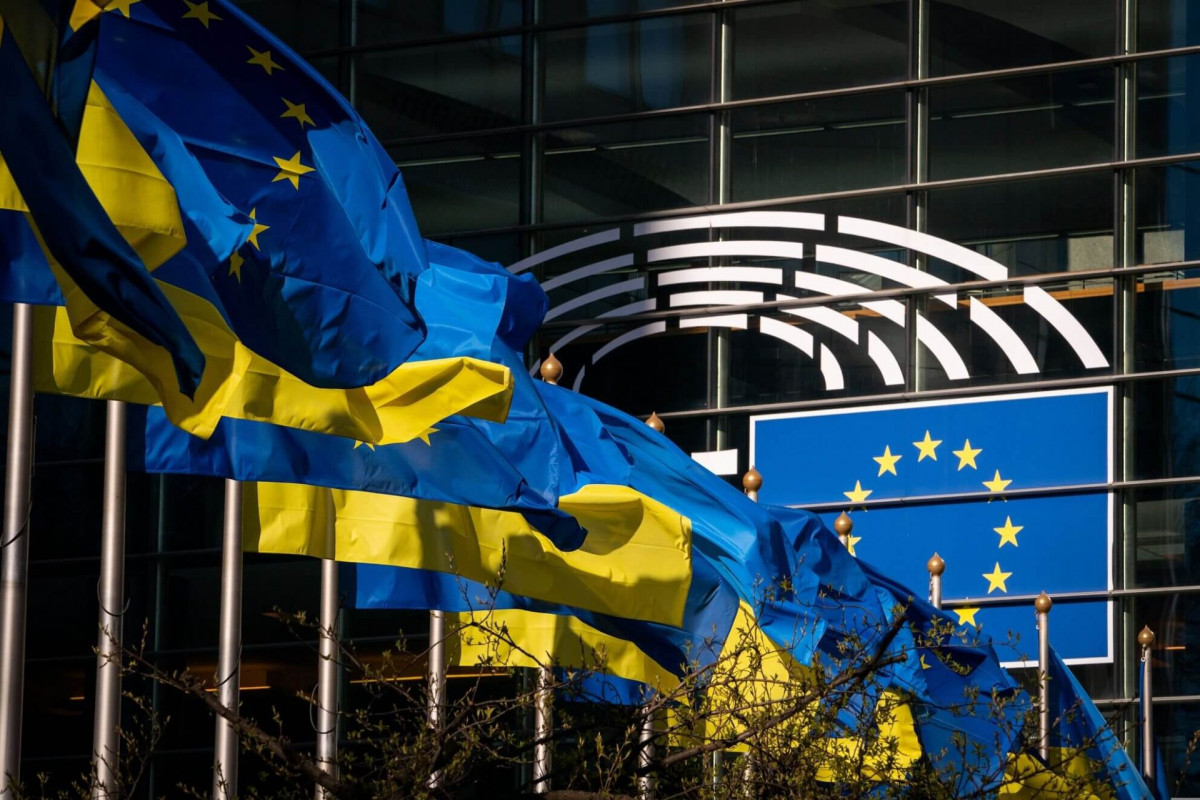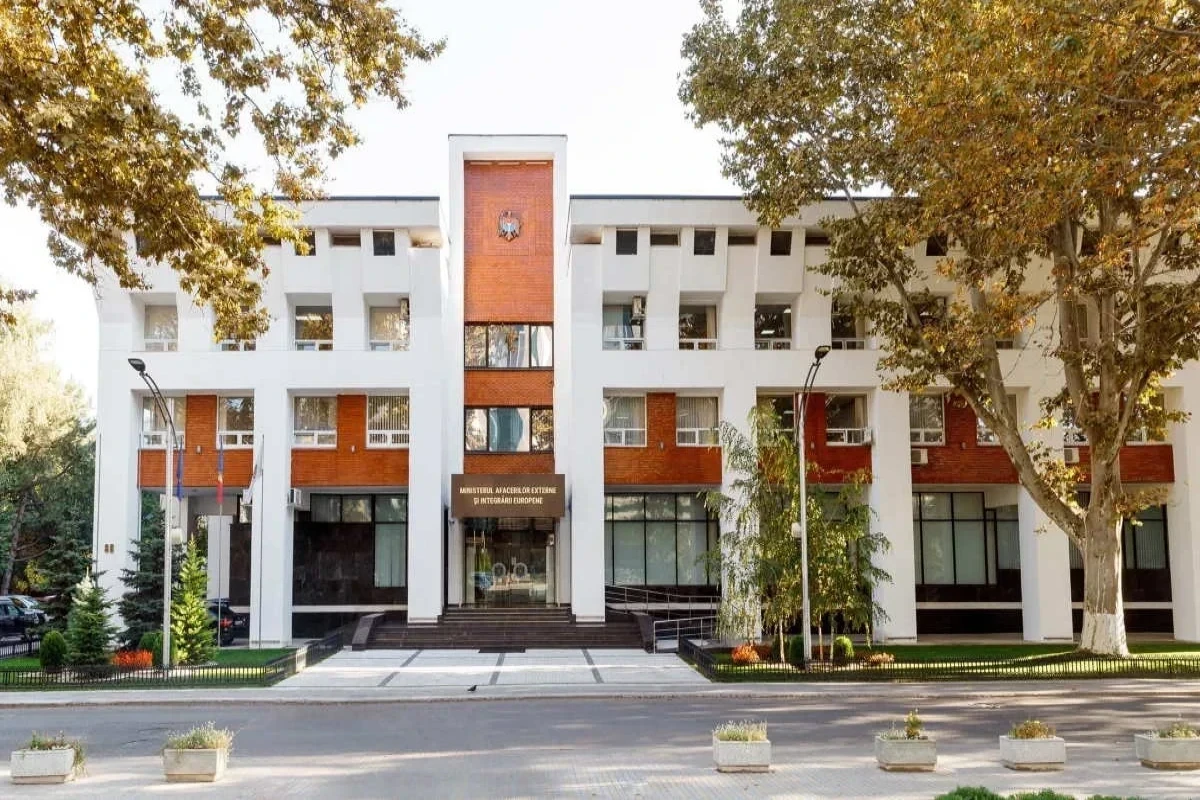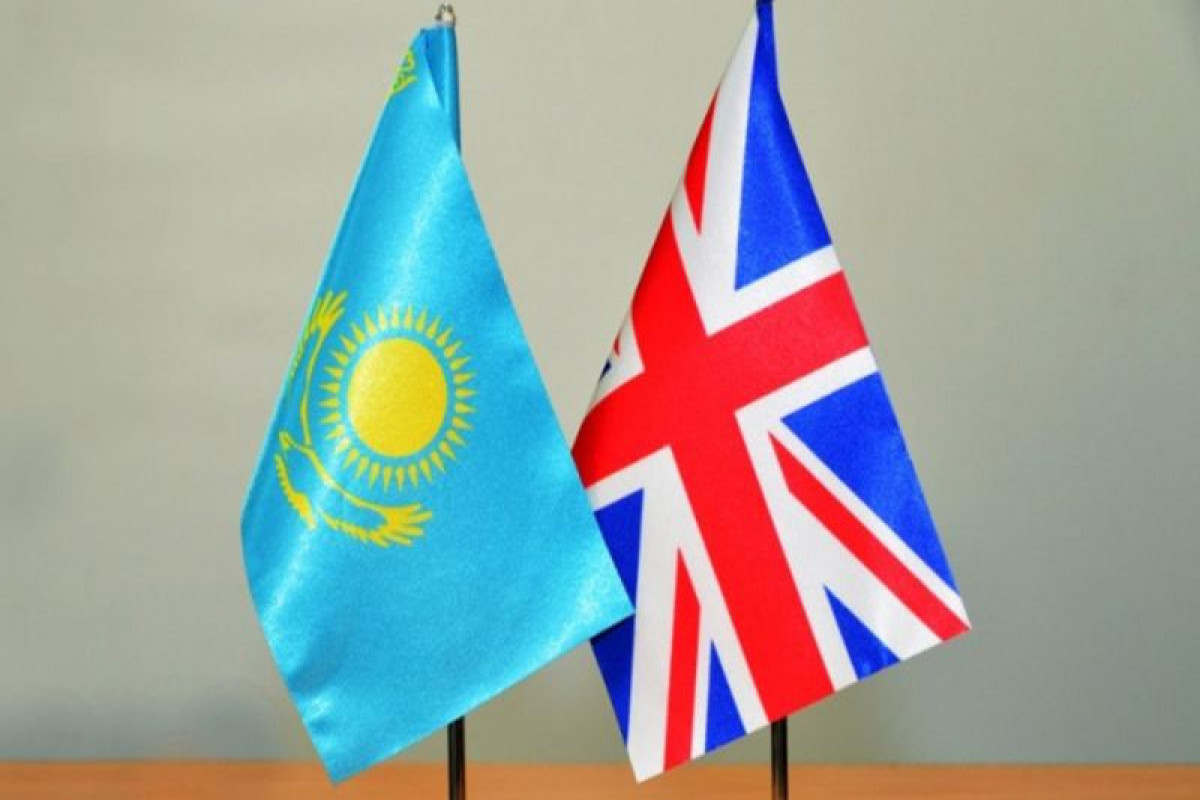Baku-APA. NATO Secretary-General Anders Fogh Rasmussen has called on Turkish authorities and anti-government protesters to ensure peaceful protests, saying freedom to express one's political views is a democratic value embraced by the alliance, APA reports quoting Todays Zaman.
Rasmussen, a former Danish prime minister who has clashed with Turkish Prime Minister Recep Tayyip ErdoÄŸan over freedom of press in the past, was cautious, saying he will not “interfere with domestic politics in Turkey” in response to a question from Today's Zaman posed on the sidelines of a two-day meeting of NATO defense ministers in Brussels on Tuesday.
He then went on to say: “I urge all parties -- official authorities as well as protesters -- to ensure that manifestations of political views can take place in a peaceful manner. Obviously, it's part of the democratic values on which the NATO alliance is based that people have the possibility to express their views freely and in a peaceful manner.”
Back in 2005, ErdoÄŸan boycotted a joint news conference with Rasmussen, then the Danish prime minister, to protest the presence of reporters from a television channel that Turkey says is the mouthpiece for the terrorist Kurdistan Workers' Party (PKK). Rasmussen then defended the reporters' right to attend the conference, saying it was a matter of freedom of the press.
ErdoÄŸan remained defiant in the face of protests against his government, which first began in Ä°stanbul as a demonstration against plans to demolish a city park last week and rapidly spread to the rest of the country, saying on Monday that the protesters are “arm-in-arm with terrorism.”
Concern over Russian aid to Syria
Responding to questions about Syria, Rasmussen expressed concern over Russian military aid being given to the Syrian regime, saying it undermines efforts to find a political solution to the crisis, in which at least 80,000 people have perished.
“It is a matter of concern to observe Russian direct or indirect military assistance to the regime in Damascus,” Rasmussen told a group of journalists. “I don't think that facilitates a political solution.”
He said the right way forward in Syria is a political solution and welcomed a joint US-Russian initiative to convene an international conference for a negotiated settlement in Syria, saying it is “the best chance to pave the way for a sustainable political solution.”
“I think all parties involved should refrain from activities that could jeopardize that conference,” he added.
Rasmussen's comment came amid Russian plans to send S-300 anti-aircraft missiles to Syria, a move criticized by the United States.
The NATO chief also called on both the Syrian government and the opposition to attend the conference, which now appears to have been postponed until July due to complications, including the Syrian opposition's failure to confirm its attendance of the conference.
“I urge both the government and the opposition to attend that international conference. I do believe that it's the best chance to pave the way for a sustainable political solution,” said Rasmussen.
No change on Syria position
NATO has insistently rejected intervention in the Syrian conflict from the very start but sent six Patriot batteries to Turkey to defend it in the face of possible missile attacks from Syria. The 27-nation alliance has no plans to discuss Syria during the ongoing meeting of defense ministers, although Rasmussen said he could not discount the possibility that ministers will raise the issue. Alliance officials said NATO continues to closely monitor the situation.
“Basically, there is no change in our position. NATO's core task is defense and protection of the Turkish population and Turkey's territory. We do believe that the right way forward in Syria is a political solution,” said Rasmussen.
NATO officials said there was no change in NATO's position when two car bombs exploded last month in the Turkish border town of Reyhanlı, killing 52 people, either. Other members offered condolences to the Turkish delegation at NATO but there was no request from the Turkish side after the bombings for NATO action, said an official.
NATO's two-day defense ministerial meeting is focused on issues that include NATO's defense capabilities as allies cut back on defense expenditures to deal with the financial crisis; the alliance's mission in Afghanistan after 2014, when Afghan forces will have assumed security responsibilities throughout the country; and cyber defense. Underlining the growing significance of the challenge from cyber attacks, NATO is holding, for the first time, a ministerial session dedicated exclusively to the issue of cyber defense, officials said.






